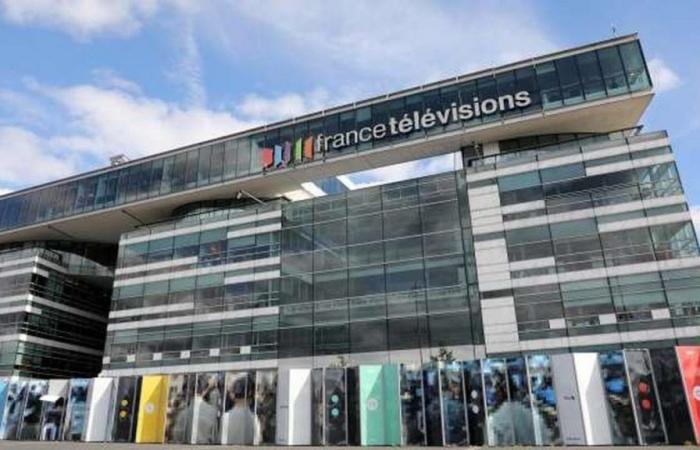1 What does the RN provide?
The objective is to “save money”, with funding for public broadcasting by the State amounting to 4 billion euros in 2024. Another criticism is that “public broadcasting no longer meets the criteria of neutrality” and leans to the left, accuses the vice-president of the RN, Sébastien Chenu.
Public broadcasting includes France Télévisions, Radio France, France Médias Monde (France 24 and RFI, internationally oriented), Ina (National Audiovisual Institute) and two companies with special interstate status, TV5 Monde and Arte . But the scope of the privatization envisaged by the RN remains unclear. According to his spokesperson, former journalist Philippe Ballard, France 24, RFI, TV5 Monde and Arte would not be affected. Likewise, the RN wants the local radio network France Bleu and the news channel - to remain public, Damien Toumi, candidate in the Somme, said on France Bleu Picardie.
2 What deadline, what procedure?
“Obviously, it can’t be done in 24 hours,” conceded Jordan Bardella.
Launching such a project is hardly possible “before the first quarter” of 2025, estimates constitutionalist Didier Maus, because the new Assembly will have other more urgent texts to vote on, such as the budget. Concretely, privatization would take place through a law. “We know how to do it, we have experience of the 1987 law which made it possible to privatize TF1,” recalls Didier Maus. According to him, the Constitution does not prevent privatization, because it does not set “any obligation to keep the audiovisual sector in the public sector”.
Public broadcasting is in mortal danger.
But “it’s not just the Constitution itself, there’s what it says about freedom of expression and communication,” he adds. Since its revision in 2008, the text stipulates that “the law guarantees pluralist expressions of opinions and equitable participation of parties” in the “democratic life” of the country. This point could be an obstacle to broad privatization.
Another difficulty according to Didier Maus: “European regulations”, which “prohibits reducing public service to the bare minimum”. Here again, “it all depends on the scope” of privatization.
3 What consequences?
Privatization involves finding buyers. For France Télévisions, “demand could be weaker than expected and discourage total privatization,” says Jérôme Bodin, expert within the Oddo BHF financial group, in an analytical note. Indeed, the chains employ “significant staff” and would be “difficult to restructure”. This could also raise competition and dominance issues.
According to Jérôme Bodin, groups like CMA CGM and Iliad, of billionaires Rodolphe Saadé and Xavier Niel, “could be interested”, but not at “unreasonable prices”. “Nothing would prevent” TF1 and M6 from “buying all or part of France 2 and France 3”, suggested Philippe Ballard.
4 What reactions?
Unsurprisingly, this project arouses strong opposition within public broadcasting. The latter “is in danger of death”, proclaims the CGT of France Télévisions. “We are going to fight,” said the director of France Inter, Adèle Van Reeth, in the Quotidien program. Around forty organizations from the creative sector (producers, directors, etc.) denounced, in a joint forum, a “dangerous project”. They argue that the public service finances many of their works.






